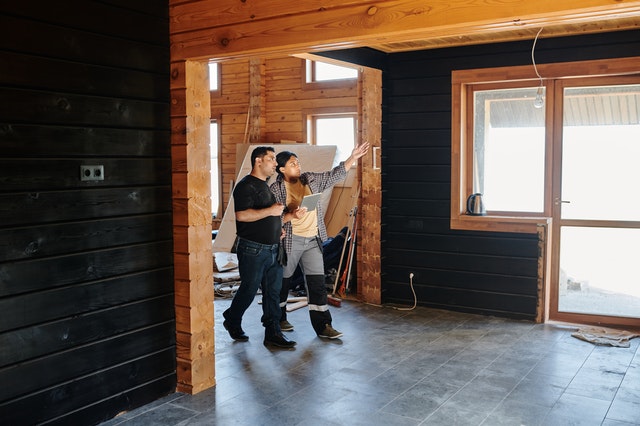If you are having plumbing problems in your home, it is important to be prepared before your contractor comes to take a look. By gathering a few key pieces of information, you can help your contractor diagnose the problem more quickly and get started on repairs.
Here are a few things to have ready before your contractor arrives:
- List all the plumbing fixtures in your home, including where they are located– This is important so that your contractor knows which fixtures are affected by the problem.
- Date when the problem started– This will help your contractor isolate when the issue began. You should also note if the problem is constant or intermittent.
- Identify any unusual circumstances surrounding the problem– This could include things like a recent change in water pressure, new construction near your home, or unusually cold weather. You should also note if anyone in your home has been sick recently.
- Take photos of the problem– This will help your contractor visualize the issue and could be helpful in diagnosing the cause. You should take pictures of both the affected fixture and the surrounding area.
- Gather all pertinent information about your home’s plumbing– This includes knowing the age of your pipes, the type of pipes you have, and whether you have a septic system or are on city sewer.
By having this information ready, you can help your plumbing contractor quickly diagnose the problem and get started on repairs. In some cases, your contractor may be able to solve the issue without even coming to your home. For more serious problems, being prepared will help get the repairs started as quickly as possible.
What should you ask your contractor before they start working?
You should always ask for an estimate of the cost of repairs before work begins. You should also inquire about the contractor’s warranty policy in case the problem is not resolved after the initial repair. Finally, be sure to ask if the contractor is licensed and insured. This will protect you in case of any accidents or damage to your home during the repair process.
By being prepared and asking the right questions, you can help ensure that your plumbing repair goes smoothly.
What do you need to do after the repairs are made?
After the repairs are completed, be sure to test all the fixtures in your home to make sure they are working properly. You should also flush all the drains in your home and run the water for a few minutes to ensure that there are no leaks. If you have any questions or concerns about the repairs, be sure to contact your contractor.
By taking these steps, you can help ensure that your plumbing repair is done correctly and that your home is back to normal as quickly as possible.
Where can I find a reputable plumbing contractor in Cottonwood Heights?
There are a few ways to find a reputable plumbing contractor. You can ask friends and family for recommendations, or you can search online. When searching online, be sure to read reviews of contractors before making a decision. You should also check with your local Better Business Bureau to see if there have been any complaints filed against the contractor you are considering.
By taking the time to find a reputable plumbing contractor, you can help ensure that your repair goes smoothly and that your home is in good hands.





